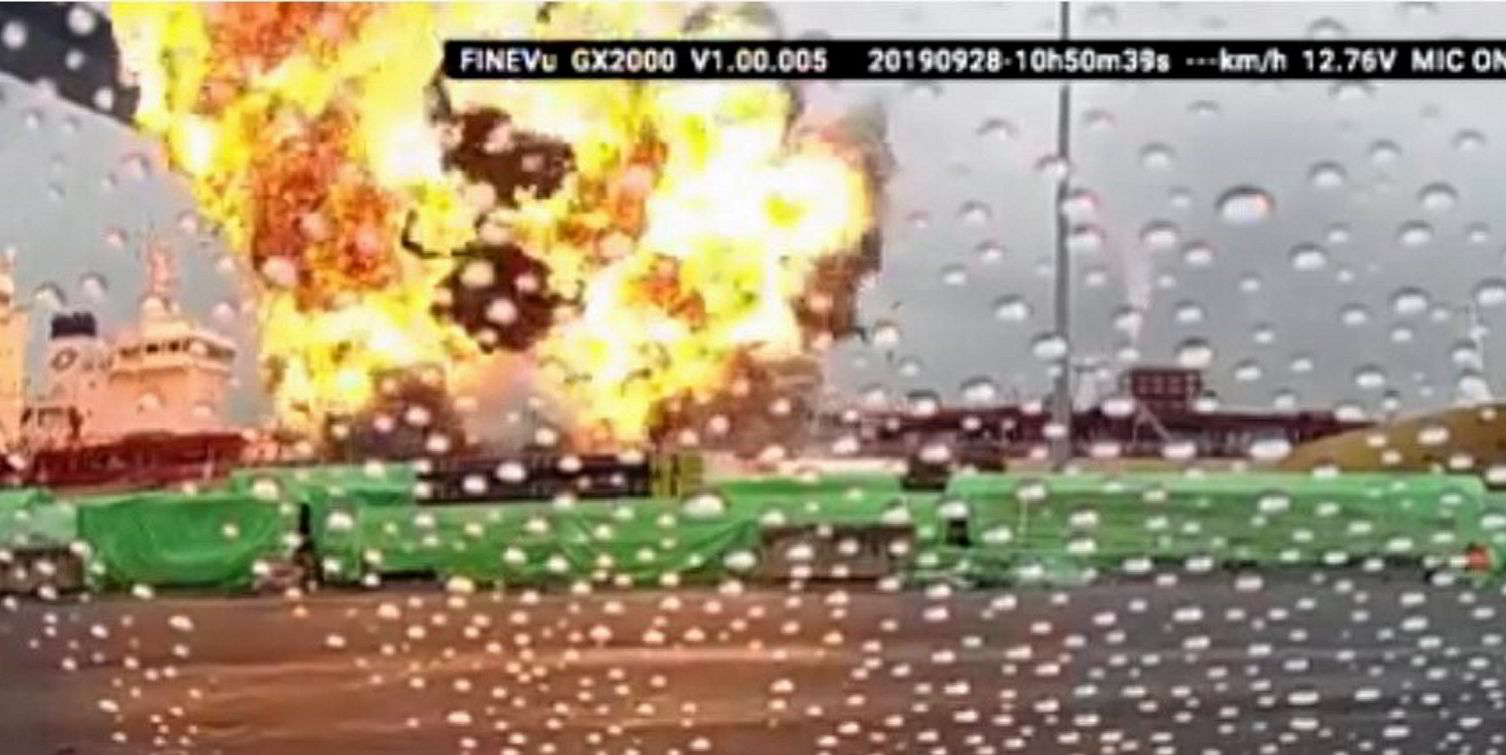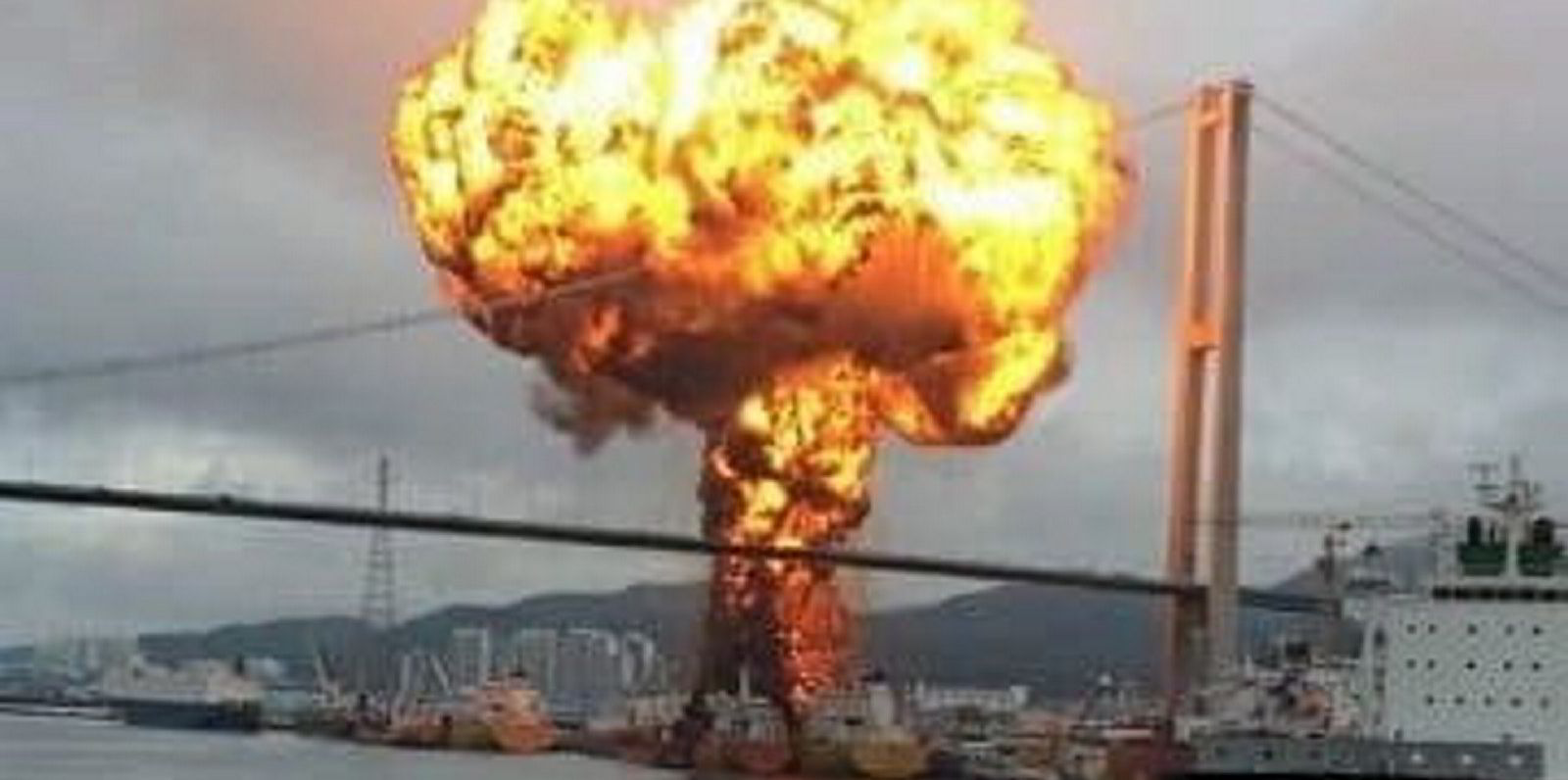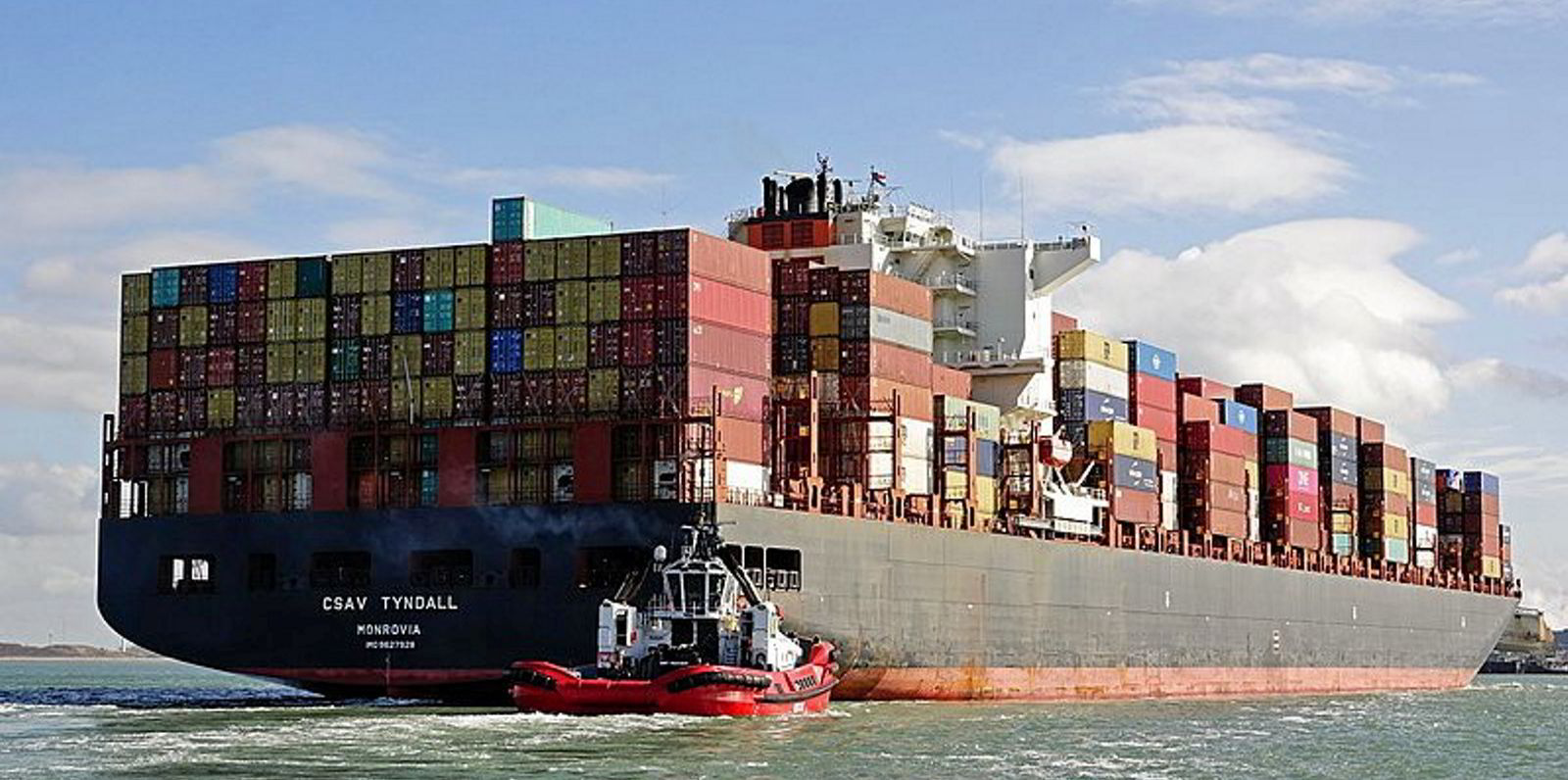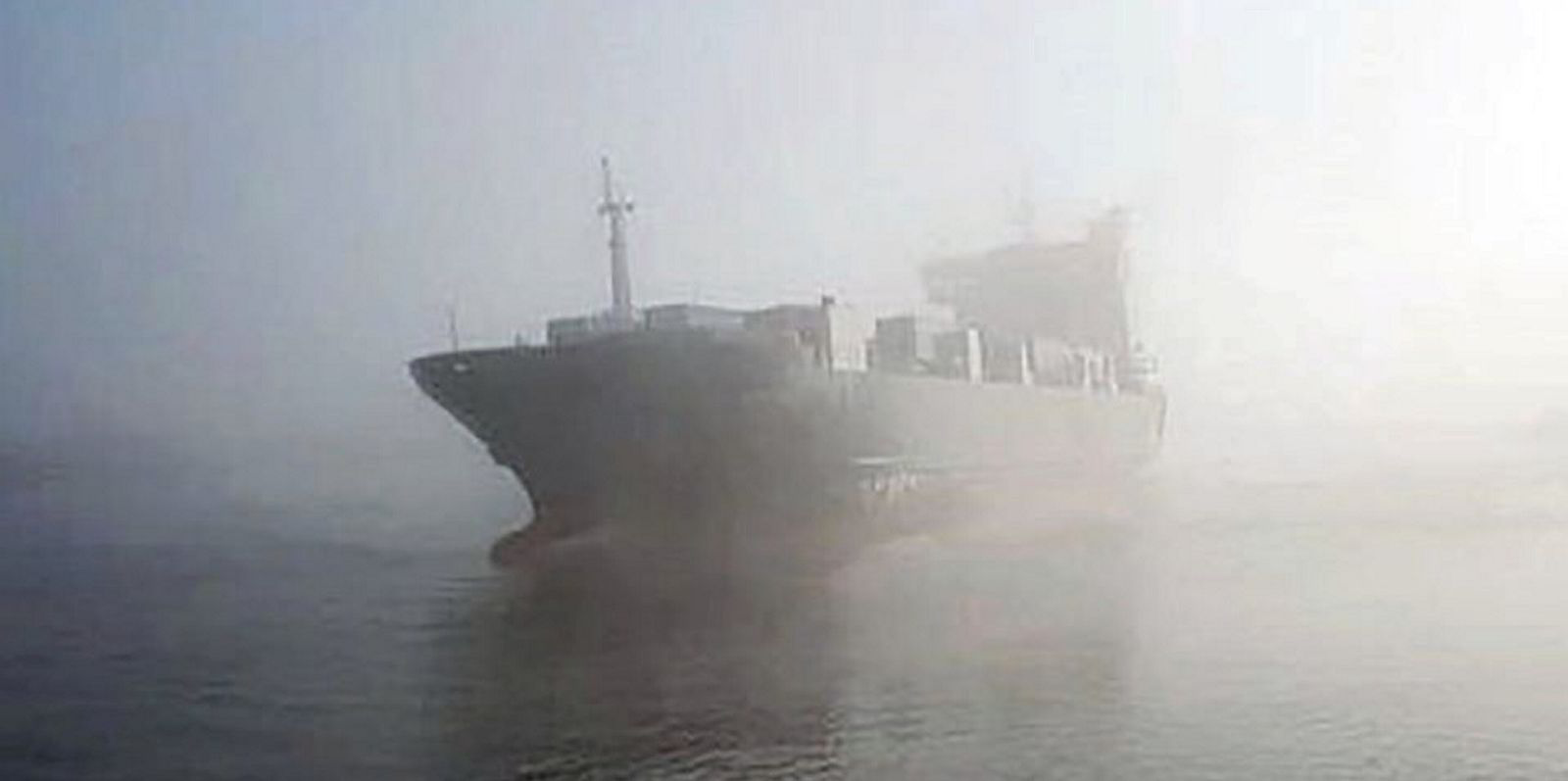Stolt Tankers says it has improved its chemical cargo-handling processes after it was criticised in a report into a "catastrophic" explosion on a vessel in South Korea.
The 43,500-dwt Cayman Islands-flag Stolt Groenland (built 2009) was torn apart by a blast in Ulsan on 28 September 2019 that injured two seafarers and 15 shore workers.
The UK Marine Accident Investigation Branch (MAIB) said a cargo tank containing styrene monomer ruptured due to runaway polymerisation, a chain reaction in which molecules bond together.
This breach released a large quantity of vapour into the atmosphere, which subsequently ignited.
The gangway watchman was blown over the guardrails on the main deck.
A colleague held on to a rail, but was soon forced to let go due to the heat from the fire. He fell into the water between the quay and the vessel, but was able to climb over a fender and on to the quay.
Firefighting efforts took more than six hours and involved more than 700 personnel and 117 units of fire trucks, pumps and fire tugs.
The MAIB found that the styrene monomer was affected by other heated cargo tanks.
The temperature had not been monitored, it said.
The elevated temperature due to other cargoes caused the inhibitor — added to prevent the chemical's polymerisation during the voyage — to deplete more rapidly than expected.
"Although the styrene monomer had not been stowed directly adjacent to heated cargo, the potential for heat transfer through intermediate tanks was not fully appreciated or assessed," the MAIB said.
Critical temperature limits had been reached before the vessel berthed under the road bridge in Ulsan.
The crew was not aware of the increasingly dangerous situation, the MAIB said.
Similar incident avoided

A similar dangerous styrene monomer polymerisation incident had occurred a couple of weeks earlier on board another Stolt Tankers vessel, but this was spotted before disaster could strike.
After the Stolt Groenland accident, Stolt Tankers took immediate action to ensure that the temperatures of all cargoes on board its ships are monitored and reported to its shore management.
It also took steps to enhance crew awareness of the hazards of inhibited and heat-sensitive cargoes.
The owner is developing technological and administrative initiatives to assist with the safe stowage and monitoring of heat-sensitive cargoes, the MAIB added.
The Stolt-Nielsen group said in a statement that safety for people and the environment remains its number one priority.
"Stolt Tankers has used the learnings from this regrettable accident to improve its procedures for handling inhibited cargoes," it said.
Improvements made
The company made several improvements in 2020 in stowage planning processes afloat and onshore, and in practices relating to inhibitors, managing cargo alarms and reporting of cargo temperatures to shore staff.
"Our seafarers also receive additional training to increase their understanding and awareness of the importance of these changes. The MAIB report acknowledges that these actions have already been taken," Stolt Tankers said.
"We are working with industry organisations to improve the inhibitor management process and we continue to improve and develop our cargo stowage software to better predict the movement of heat between tanks and around a ship."
The Stolt Groenland remains afloat in Tongyeong, South Korea, with all styrene residues removed from the ship.
Plans for repairs continue as the owner awaits approval from local authorities to tow the ship to China.







